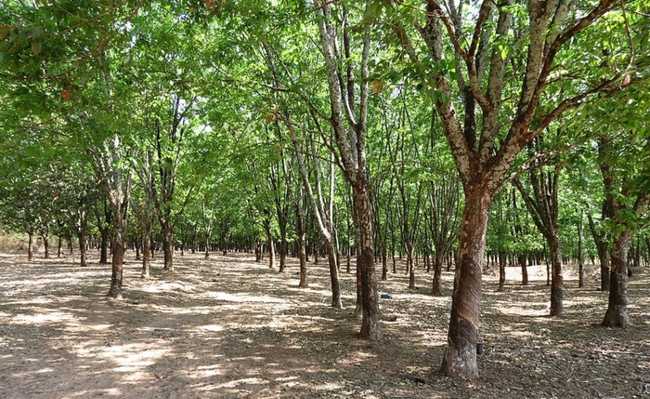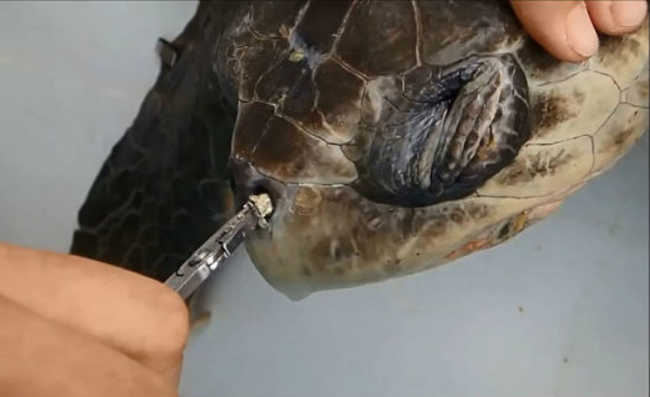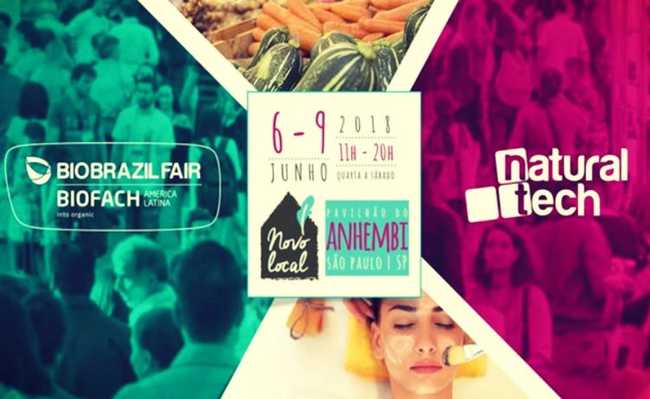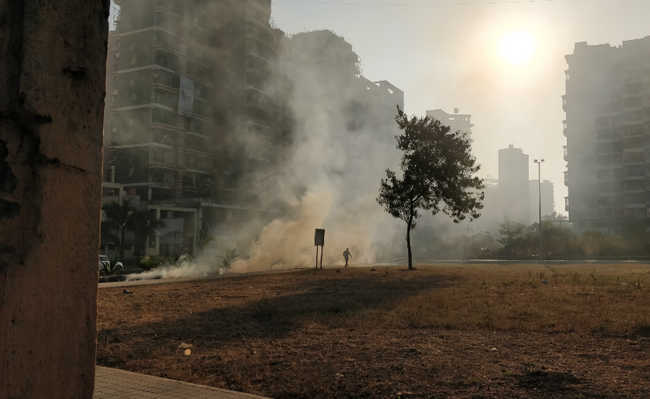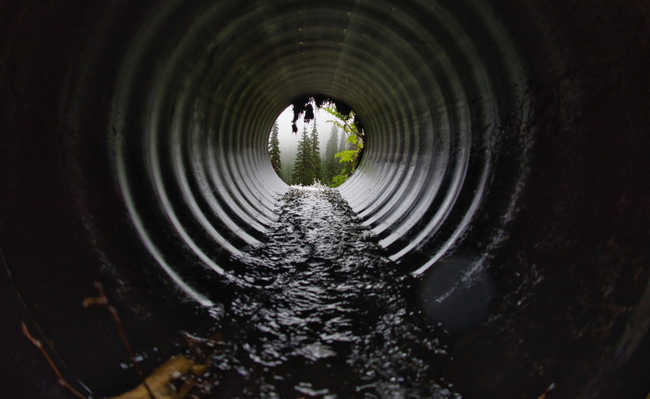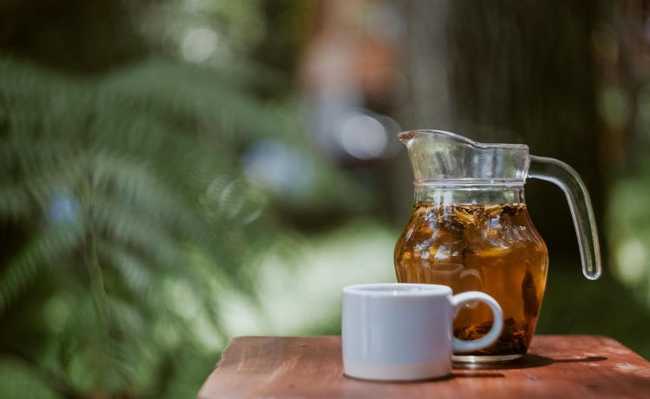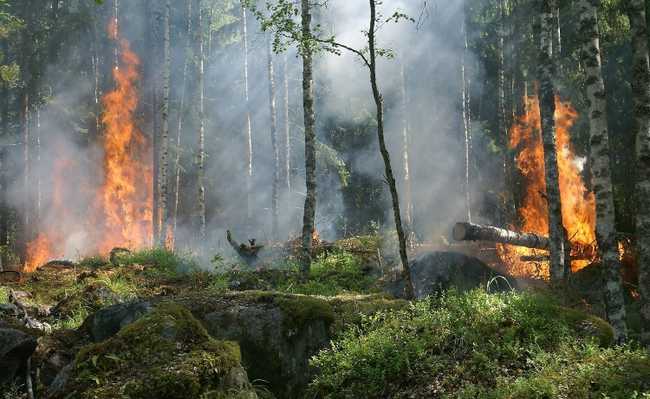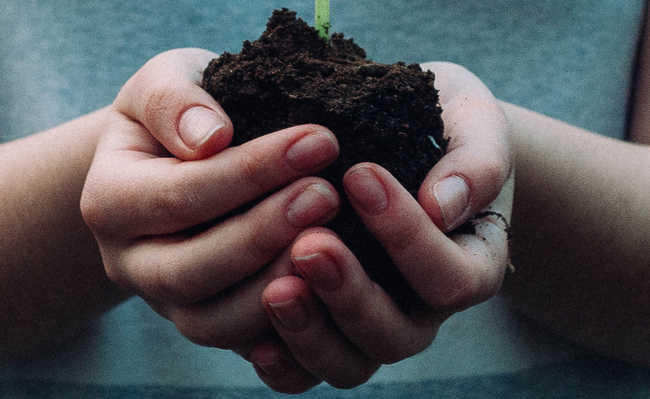Conservation of palm heart is essential for rebuilding the Atlantic Forest, on the coast of Paraná
Reserva de Salto Morato, in Paraná, is the stage for a project aimed at restoring the juçara palm population

Heart of palm is not just a tasty food, it is full of health benefits, such as helping to control blood pressure, acting against fluid retention and contributing to an excellent bowel function. In addition, palm heart is rich in calcium and iron - important for tissue formation and bone maintenance.
As if that wasn't enough, the palm tree (the plant from which the heart of palm is extracted) is important for maintaining the biodiversity of several ecosystems. But despite all these positive points, the heart of palm is also the cause of the depredation of a species of palm: the juçara.
The importance of this palm tree for the Atlantic Forest is of the utmost importance, and the damage caused by the extraction of palm hearts compromises its existence. The population of this palm tree has drastically decreased with the process of forest fragmentation, in addition to its regeneration being strongly reduced by the intense exploitation, resulting from the high food and commercial value of the palm heart.
In light of this scenario, efforts have been made to promote its preservation, some of which stand out for their scope and involvement of communities living in the vicinity. Some of the work developed for the preservation of the juçara palm revolves around extractivism, since, in many places, communities use the sale of palm hearts to survive. Therefore, the projects encourage the sustainable management of the plant's fruits - which is very reminiscent of açaí, but differs in factors such as the type of growth (which is smaller) and the area of natural occurrence of the plant (which occurs in Rio Grande do Sul to Bahia, while açaí in the Amazon) - to prevent the extraction of palm hearts from being the only way to obtain income from the palm tree.
"The proposal in which we believe and work, together with the Juçara Network, is based on the production of juçara fruits in agroforestry systems. Currently, agroforestry yards with juçara on the coast of Paraná are one of the main ways of conserving genetic material of the species", says Francisco Paulo Chaimsohn, a researcher at the Instituto Agronomo do Paraná. "Work income is one of the essential factors for the expansion of the activity (açaí production from juçara fruits) and can be easily understood: imagine a man collecting 100 kg of fruits in one hectare or more than 1000 kg of fruits in the same hectare . As labor is one of the main cost factors, labor income is fundamental", he adds (see here some of the uses of palm fruits).
However, there are still other reasons to bet on the management of the fruits, "In addition to the conservation of genetic material and increase in labor yield, the production of fruits in agroforestry systems and their processing generate a significant amount of seeds with high germination power, which can be made available for repopulation, including and mainly in forest areas". However, Francisco emphasizes that "it is also important to note that impact studies, both negative and positive, are important for the expansion and consolidation of the activity and the effects that the pure and simple extraction of juçara fruits can determine on the fauna".

Does not compare
Therefore, the management of the fruits has an impact that is extremely inferior to that caused by the extraction of the heart of palm from the juçara palm. On the other hand, such fruits are important in the composition of the diet of herbivores, vertebrates and invertebrates, which in turn contribute to the spread of seeds through the forest. Data from a study by biologist Marina Corrêa Côrtes confirms the scale of the challenge when verifying that despite the plant's abundant fruiting (about three thousand seeds/year), only about 20% of this total is transformed into trees.
Within this context, the importance of natural reserves emerges, such as the Salto Morato Nature Reserve. As it is a Private Natural Heritage Reserve (RPPN), its main objective is oriented towards the conservation of biodiversity and this work is carried out by the Fundação Boticário, which conducts research with the juçara palm in the analysis of the species' conservation status. The proposal is in the Reserve's Management Plan, that is, the preservation of the plant is part of the statute that governs the reserve.
In order to do this, a survey of the species' population structure was carried out in 2011 and, among the priority conservation actions deployed, efforts were made to involve the local community, partners and professionals from Fundação Grupo Boticário in campaigns for the sowing of juçara palm trees. .
The result was that, in 2012, 2.5 thousand kg of seeds were sowed (about 3.5 million seeds), according to data released by the institution. In 2013, an effort will still be made to monitor the population development of the species by monitoring the plots sampled in 2011. Regarding the work together with the communities, the foundation finances conservation projects throughout the country, inside and outside the country. conservation units (such as the Salto Morato Reserve). In this case, the involvement of people and communities is straightforward.
In addition to efforts in the Salto Morato Nature Reserve, the Grupo Boticário Foundation, in partnership with the Araucária Foundation, supports a project that aims to establish conservation policies based on ecological studies for the extraction of açaí, with the aim of conserving high populations. genetic variability, which will motivate the increment of production systems that, indirectly, will contribute to the natural regeneration of the species in natural ecosystems.
However, the reality is that it is practically impossible to prevent people from consuming juçara palm hearts without a deep work to raise awareness of the problems associated with the practice. In this sense, everyone can contribute to changing the situation. Therefore, when buying heart of palm, make sure you are purchasing the heart of the peach palm (and not juçara), as it takes much less time to form (18 to 24 months after planting), in addition to having several other characteristics that make it more attractive for cultivation, as there is no need for replanting. In this way, your attitude will also contribute to the valuable work performed in the initiatives we describe here, serious and very important projects that aim to reduce the damage caused by predatory extraction and the preservation of biodiversity, which is so threatened in our times.

